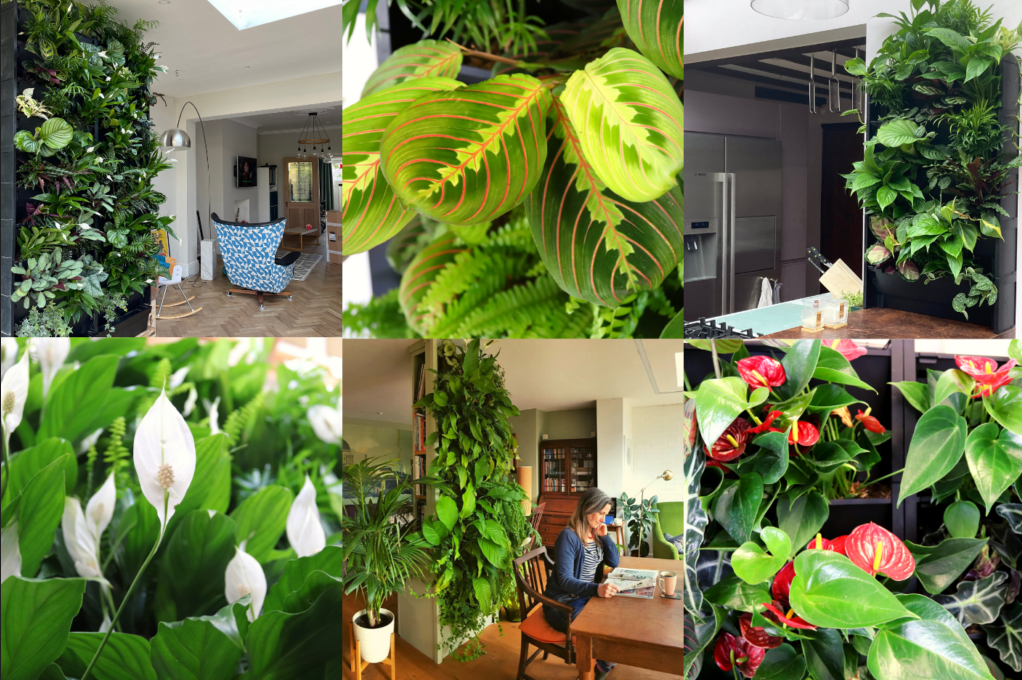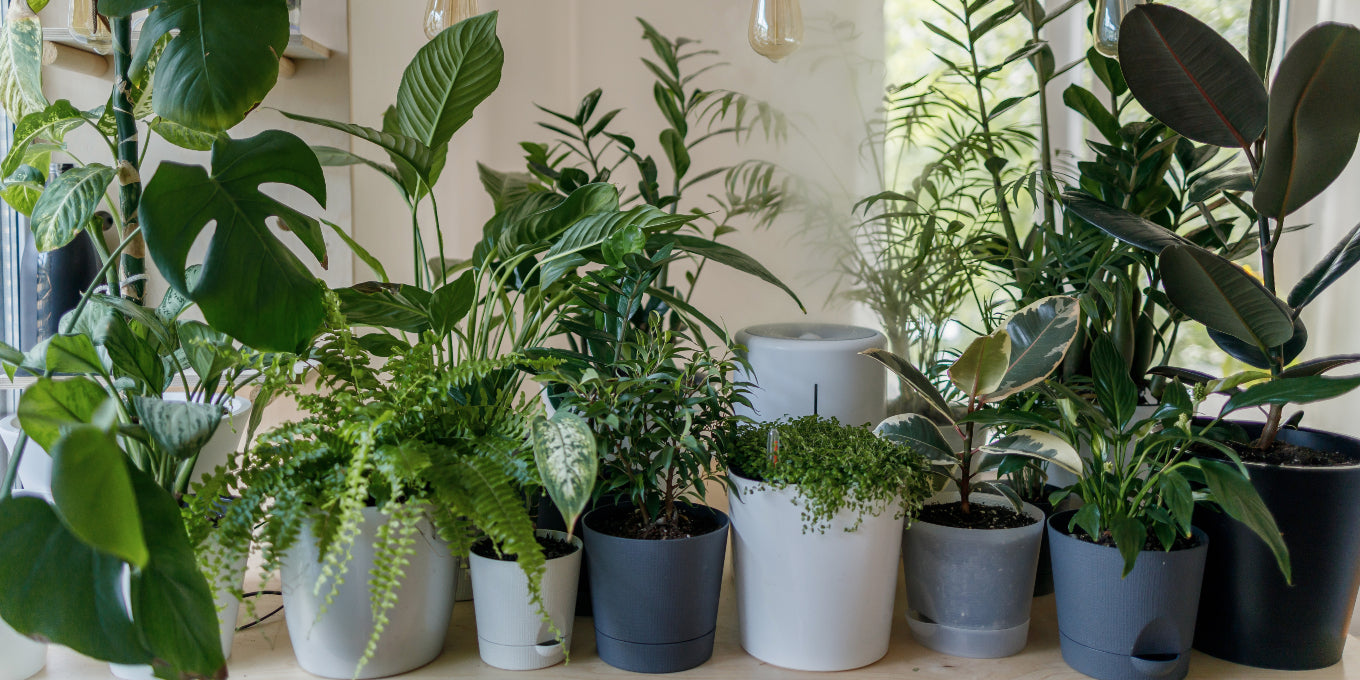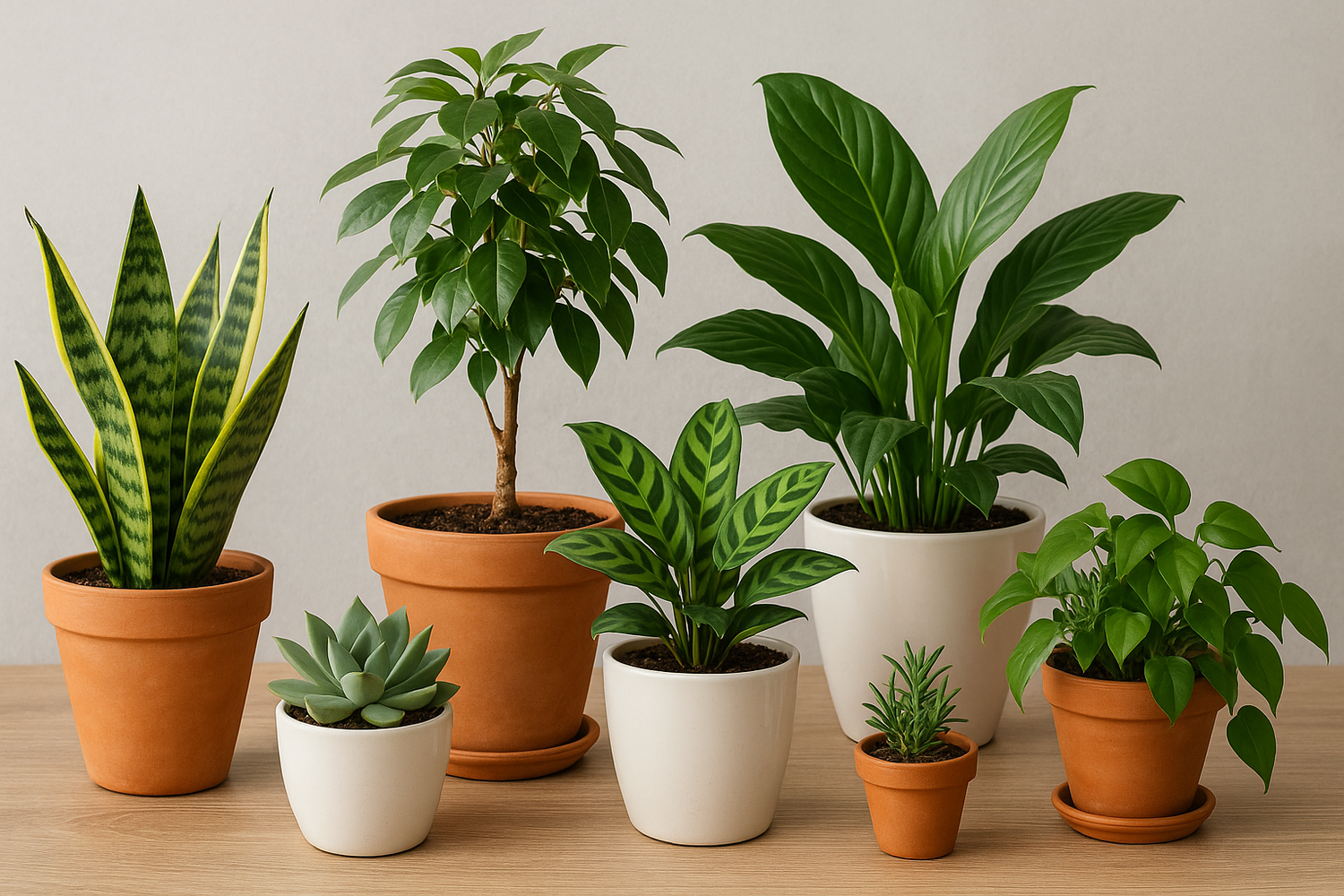Proper outdoor plant care requires the right tools to ensure your garden thrives. Whether you're maintaining flower beds, vegetables, or shrubs, having the essential equipment can make gardening tasks easier and more efficient. Here’s a guide to the must-have tools for caring for your plants:
1. Hand Trowel
-
Why It’s Essential: A hand trowel is one of the most versatile tools in gardening. It’s used for digging, planting, and transferring soil. The pointed tip makes it ideal for breaking through compacted earth.
-
Key Uses: Digging small holes, planting seedlings, and scooping soil or compost.
-
Tip: Choose a lightweight, ergonomically designed trowel for comfort and easy handling.
2. Pruning Shears (Secateurs)
-
Why It’s Essential: Pruning shears are designed for trimming dead or damaged branches, cutting back perennials, and shaping plants. They’re essential for maintaining the health of your plants and encouraging new growth.
-
Key Uses: Cutting back shrubs, trimming flowers, and removing dead or diseased wood.
-
Tip: Opt for high-quality, sharp blades that make clean cuts and reduce plant damage.
3. Garden Gloves
-
Why They’re Essential: Protect your hands from dirt, thorns, and rough surfaces with durable garden gloves. They also help prevent blisters while working with gardening tools.
-
Key Uses: Handling plants, pulling weeds, and working with soil or compost.
-
Tip: Look for gloves made of breathable materials like cotton or leather for comfort during long gardening sessions.
4. Watering Can or Hose
-
Why It’s Essential: Proper watering is key to healthy plant growth. A watering can allows for precise watering, while a hose is ideal for larger garden areas or when watering multiple plants.
-
Key Uses: Watering flowers, vegetables, and shrubs.
-
Tip: Choose a watering can with an adjustable spout for varying water flow, and make sure your hose is long enough to reach all garden areas.
5. Garden Rake
-
Why It’s Essential: A garden rake is perfect for clearing debris, leveling soil, and spreading mulch. It helps you maintain clean garden beds and evenly distribute soil amendments.
-
Key Uses: Raking leaves, spreading mulch, and leveling garden soil.
-
Tip: Look for a lightweight rake with sturdy, flexible tines to prevent damage to plant roots.
6. Garden Hoe
-
Why It’s Essential: A hoe is used for weeding, cultivating the soil, and aerating the ground around your plants. It’s especially helpful in larger garden beds.
-
Key Uses: Breaking up soil, removing weeds, and aerating garden beds.
-
Tip: Choose a hoe with a sharp blade for easy weeding and soil cultivation.
7. Shovel
-
Why It’s Essential: A shovel is necessary for digging large holes, transplanting plants, and moving soil or compost. It’s a versatile tool used for deeper planting tasks.
-
Key Uses: Digging holes, moving soil, and transplanting plants.
-
Tip: A long-handled, pointed shovel provides leverage for easier digging and better control.
8. Garden Sprayer
-
Why It’s Essential: A sprayer is essential for applying fertilizers, pesticides, and herbicides. It’s a great tool for evenly distributing liquid treatments over plants.
-
Key Uses: Applying pesticides, herbicides, or fungicides.
-
Tip: Invest in a durable, adjustable sprayer to control the flow and ensure even application.
9. Soil Testing Kit
-
Why It’s Essential: Understanding your soil’s pH and nutrient levels helps ensure your plants are getting the proper care. A soil testing kit helps you determine the type of amendments needed.
-
Key Uses: Testing soil for pH, nutrient content, and overall health.
-
Tip: Use a soil testing kit regularly to keep track of any changes in soil health and adjust your care routine.
10. Garden Cart or Wheelbarrow
-
Why It’s Essential: A wheelbarrow or garden cart makes transporting heavy materials like soil, compost, and plants much easier. It’s a time-saving tool, especially for large gardens.
-
Key Uses: Carrying soil, mulch, plants, and garden debris.
-
Tip: Choose a cart or wheelbarrow with durable wheels and a spacious bed for easy hauling.
11. Compost Bin
-
Why It’s Essential: Compost bins are great for recycling organic waste into nutrient-rich soil for your garden. They help reduce waste while improving soil health.
-
Key Uses: Composting kitchen scraps, yard waste, and plant debris.
-
Tip: Make sure your compost bin is well-ventilated to speed up the decomposition process.
12. Weeding Tools
-
Why They’re Essential: Weeding tools help you remove weeds effectively without disturbing your plants. They are designed to target weeds' roots for efficient removal.
-
Key Uses: Removing weeds from garden beds and cracks in walkways.
-
Tip: Use tools with ergonomic handles to prevent strain during long weeding sessions.
13. Plant Supports
-
Why They’re Essential: Plant supports like stakes, cages, or trellises are important for keeping your plants upright and preventing breakage, especially for climbing plants or taller varieties.
-
Key Uses: Supporting climbing plants, tall flowers, and vegetables.
-
Tip: Use sturdy plant supports that won’t easily bend or collapse under the weight of growing plants.
14. Fertilizer Spreader
-
Why It’s Essential: A fertilizer spreader ensures even distribution of fertilizer across your garden, promoting healthy growth and preventing plant burn.
-
Key Uses: Spreading granular or pelletized fertilizers over large areas.
-
Tip: Choose a spreader that allows for adjustable settings to control the amount of fertilizer dispensed.
Conclusion
Having the right tools for outdoor plant care makes gardening tasks much easier, whether you're maintaining a small flower bed or managing a large vegetable garden. Tools like pruning shears, hand trowels, and watering cans are essential for everyday tasks, while specialized items like compost bins, sprayers, and fertilizer spreaders help improve overall plant health. When choosing tools, look for durability and comfort to ensure they last for years and provide maximum efficiency in your garden care. By investing in these essential tools, you can keep your garden healthy, vibrant, and thriving throughout the seasons.





